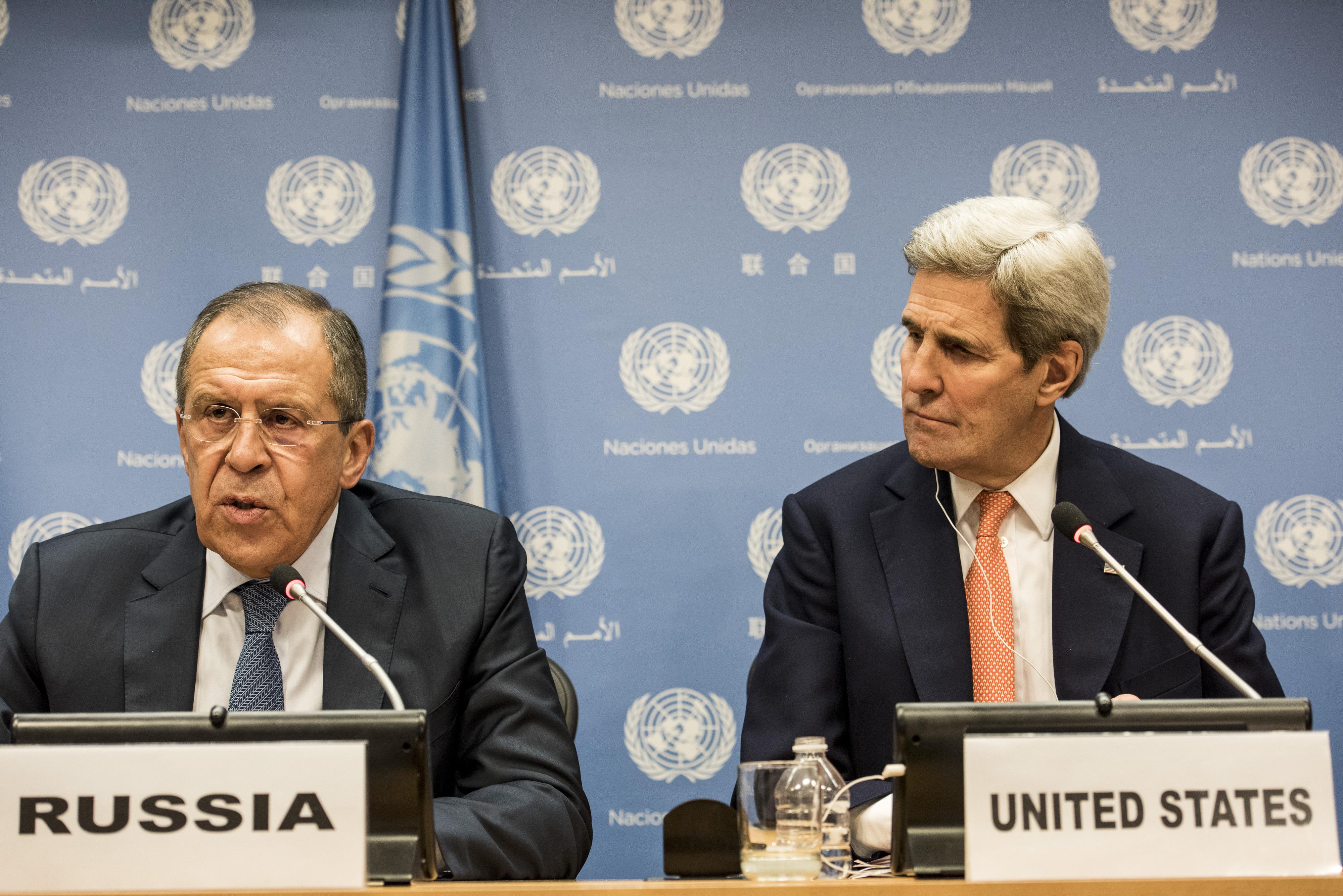Peace talks aimed at ending the bloody and destabilizing civil war in Syria were due to begin in Geneva Monday but have been delayed for at least a few days. Meaningful talks can’t come soon enough: Since 2011, the conflict has killed more than a quarter of a million people, created an unprecedented global refugee crisis, and allowed for the growth of ISIS.
The international threat of ISIS, particularly after the Paris attacks in November, motivated diplomatic efforts to resolve the conflict between Bashar al-Assad’s government and non-ISIS rebel groups, and in December the U.N. Security Council endorsed a new peace process. But getting international powers, including the U.S. and Russia, to endorse a theoretical plan for peace has proved to be a lot easier than getting the actual participants in the conflict to sit down and hammer things out.
The biggest obstacle so far has been deciding who gets to sit down. A new coalition of Syrian rebel groups was announced in Saudi Arabia earlier this month, with Mohammed Alloush, leader of the Saudi-backed Islamist rebel group Jaish al-Islam, named as chief negotiator. However Russia, Assad’s primary international backer, wants a number of rebel groups it considers terrorists barred from the talks, including Jaish al-Islam. Russia also wants to include Damascus-tolerated opposition groups as well as the Kurdish PYD, who control a significant amount of territory in eastern Syria. Turkey, one of the main backers of the anti-Assad rebellion, is against including the Kurds. Also: The Saudi-backed rebels say they won’t start negotiating until the Syrian government halts airstrikes against them and have threatened to boycott the talks if Russia’s candidates are invited. It’s really complicated.
The decision on who to invite is ultimately up to Staffan de Mistura, the Italian-Swedish diplomat appointed as U.N. envoy to Syria in 2014—the third person to hold that thankless job since the conflict began. It’s Mistura who decided to delay convening the talks until there’s more clarity on who should participate. Publicly, prominent diplomats including U.S. Secretary of State John Kerry say they back Mistura’s decision and are optimistic that talks can be convened in the next few days, but there’s a lot of daylight to bridge. Kerry met with opposition leaders in Saudi Arabia over the weekend to urge them to participate.
(Update: Jan. 25, 2016: The U.N. on Monday announced a new target date of Jan. 29 for the beginning of talks. Rather than meeting face-to-face, the participants will now sit in separate rooms at U.N. headquarters in Geneva and Mistura will move back and forth between them.)
The continuing international risk created by the conflict—and exacerbated each day these talks do not happen—was underlined Monday when the EU’s police chief warned that he is anticipating more Paris-style ISIS attacks in Europe. While both U.S. backed Iraqi and Kurdish forces and the Russian backed Syrian military have had some recent battlefield successes against ISIS, it’s hard to imagine a scenario in which the group’s “caliphate” is destroyed as long as the anarchic situation in Syria persists.
The delay isn’t bad news for everyone however. While the diplomats continued to squabble, Syrian government forces—backed by Russian air power, Iranian forces, and Hezbollah fighters—captured a key rebel-held town in Syria’s western coastal Latakia-province on Sunday, the latest in a series of victories for Assad in the country’s northwest, potentially setting up an advance to the Turkish border. In western Syria, Russia’s intervention has tipped the situation in favor of Assad, and the longer a political settlement is delayed, the more territory he will be able to regain. In other words, it’s in Assad’s and Putin’s interest to drag this out as long as possible.
